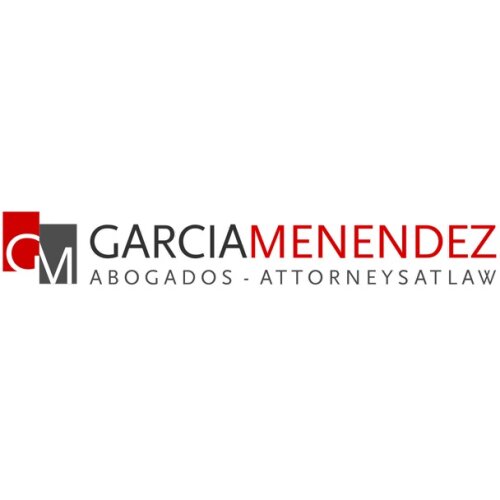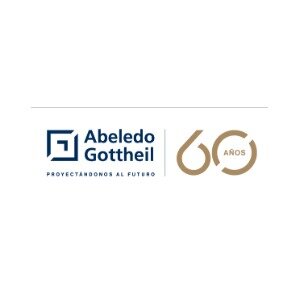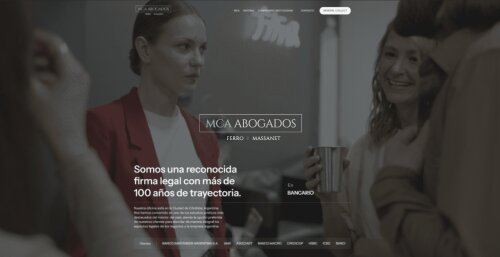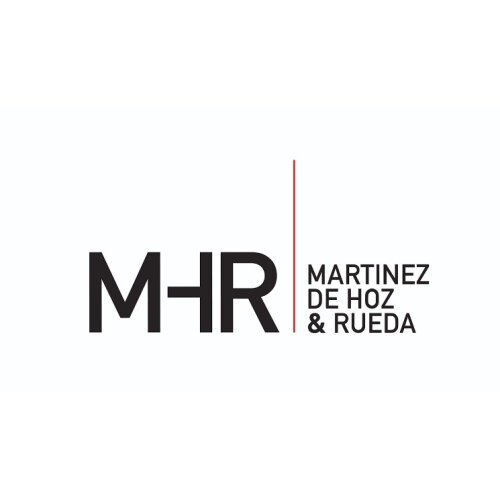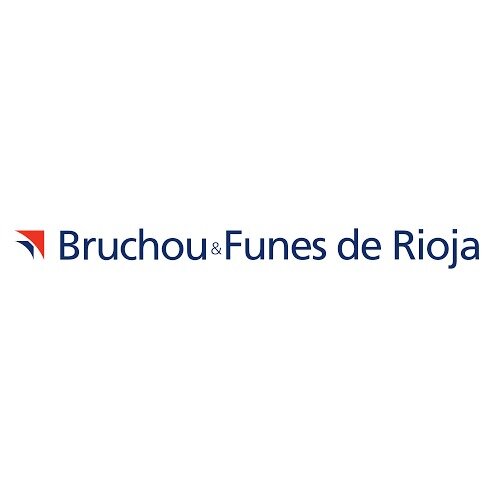Best Structured Finance Lawyers in Argentina
Share your needs with us, get contacted by law firms.
Free. Takes 2 min.
Or refine your search by selecting a city:
List of the best lawyers in Argentina
About Structured Finance Law in Argentina
Structured finance in Argentina refers to complex financial instruments and arrangements that are designed to manage risk, increase liquidity, and provide flexible funding solutions for businesses and financial institutions. These arrangements typically involve the pooling of financial assets, securitization, and the use of special purpose vehicles (SPVs). In Argentina, structured finance plays an important role in capital markets, especially for companies and banks seeking alternative financing outside traditional loans.
Structured financial products in the country include asset-backed securities, mortgage-backed securities, and various trust-based arrangements. The regulatory framework aims to ensure transparency, legal certainty, and the protection of investors, while also encouraging the development of the local capital markets.
Why You May Need a Lawyer
There are several situations in which parties involved in structured finance deals in Argentina may require professional legal advice. Engaging an experienced lawyer is important for the following reasons:
- If you are structuring or restructuring debt through the issuance of securities or other financial products
- When developing a securitization program using assets such as loans, receivables, or mortgages
- If you are setting up or managing a financial or fiduciary trust
- When participating in cross-border transactions and navigating foreign investment regulations
- For complying with capital market regulations and local securities laws
- To negotiate and draft complex agreements with lenders, investors, or counterparties
- When assessing the tax implications of structured finance transactions
- If you face disputes related to default, payment, or performance under structured finance agreements
Overall, legal expertise helps to mitigate risks, ensure compliance with local laws, and safeguard your interests in any structured finance operation.
Local Laws Overview
Structured finance in Argentina is governed by a set of laws and regulations that address both the structure of financial products and the operation of capital markets. The following legal aspects are particularly relevant:
- Securitization and Trusts: Law 24,441 is the main statute that regulates trusts (fideicomisos) and securitization in Argentina. This law provides the framework for creating financial trusts, which are widely used for asset securitization.
- Capital Markets: The Argentine Securities Commission (Comisión Nacional de Valores - CNV) regulates the public offering, trading, and registration of structured finance instruments. Capital market participants must comply with CNV’s rules, including disclosure and reporting obligations.
- Banking Law: The Argentine Central Bank sets out regulations for financial institutions involved in structured finance activities, including capital requirements and risk management standards.
- Taxation: Structured finance transactions may be subject to income tax, VAT, and stamp tax, depending on the nature of the transaction and the parties involved. Specialized advice is often needed to plan for tax efficiency.
- Foreign Exchange Controls: If deals involve foreign currency or cross-border parties, exchange control regulations may apply. These rules can affect payments, repatriation of profits, and registration of foreign investments.
Understanding how these regulations interact is essential for anyone planning to enter into a structured finance arrangement in Argentina.
Frequently Asked Questions
What is securitization and how is it regulated in Argentina?
Securitization is the process of pooling financial assets and issuing securities backed by those assets. In Argentina, this process is primarily regulated by Law 24,441, which sets the rules for trusts and asset-backed securities.
What is a financial trust (fideicomiso financiero)?
A financial trust is a legal arrangement in which assets are transferred to a trustee to be managed on behalf of investors. It is a common vehicle for securitization in Argentina.
Who oversees structured finance transactions in Argentina?
The Comisión Nacional de Valores (CNV) is the main authority overseeing structured finance transactions. It sets regulations for issuance, disclosure, and trading of structured finance products.
What types of assets can be securitized?
Common assets include loan receivables, mortgages, credit card receivables, auto loans, and other financial instruments that generate predictable cash flows.
Are there any tax implications for structured finance deals?
Yes. Structured finance transactions can trigger income tax, value added tax (VAT), and stamp tax. The specific tax treatment depends on the structure of the deal and the parties involved.
Can foreign investors participate in structured finance deals in Argentina?
Yes. Foreign investors can participate, but they must comply with foreign exchange controls and investment regulations set by the Central Bank and the CNV.
How are investors protected in Argentine structured finance deals?
Investor protection is enforced through disclosure requirements, trustee obligations, CNV oversight, and clear rules on the rights and priorities of investors under the law.
What is the typical process for issuing an asset-backed security?
The process includes structuring the transaction, creating a trust, transferring assets, registering the security with CNV, and then offering the security to investors.
What are the main risks in structured finance transactions?
Risks include credit risk, market risk, legal and regulatory risk, counterparty risk, and operational risk. Legal advice can help assess and mitigate these risks.
Do I need a lawyer to participate in structured finance transactions?
While not strictly required by law, having a lawyer is strongly recommended due to the complexity of these deals and the need for compliance with local regulations.
Additional Resources
If you are seeking further support or official information about structured finance in Argentina, consider consulting the following:
- Comisión Nacional de Valores (CNV): The national securities regulator
- Banco Central de la República Argentina (BCRA): Regulatory body overseeing banks and exchange control
- Mercado Argentino de Valores (MAV): Main market for trading trust securities and other structured products
- Professional legal associations specializing in banking and capital markets law
- Tax authority (AFIP) for information on the applicable taxes
Next Steps
If you need legal assistance in the area of structured finance in Argentina, start by identifying your specific needs and objectives. Gather all relevant documents and information about your intended transaction. Then, reach out to a lawyer or law firm specializing in banking, finance, and capital markets to schedule a consultation. Make sure the lawyer you choose has experience in structured finance and is familiar with the applicable local laws and market practices. Being well-prepared and receiving tailored legal advice will help you navigate your structured finance project with confidence and security.
Lawzana helps you find the best lawyers and law firms in Argentina through a curated and pre-screened list of qualified legal professionals. Our platform offers rankings and detailed profiles of attorneys and law firms, allowing you to compare based on practice areas, including Structured Finance, experience, and client feedback.
Each profile includes a description of the firm's areas of practice, client reviews, team members and partners, year of establishment, spoken languages, office locations, contact information, social media presence, and any published articles or resources. Most firms on our platform speak English and are experienced in both local and international legal matters.
Get a quote from top-rated law firms in Argentina — quickly, securely, and without unnecessary hassle.
Disclaimer:
The information provided on this page is for general informational purposes only and does not constitute legal advice. While we strive to ensure the accuracy and relevance of the content, legal information may change over time, and interpretations of the law can vary. You should always consult with a qualified legal professional for advice specific to your situation.
We disclaim all liability for actions taken or not taken based on the content of this page. If you believe any information is incorrect or outdated, please contact us, and we will review and update it where appropriate.
Browse structured finance law firms by city in Argentina
Refine your search by selecting a city.




